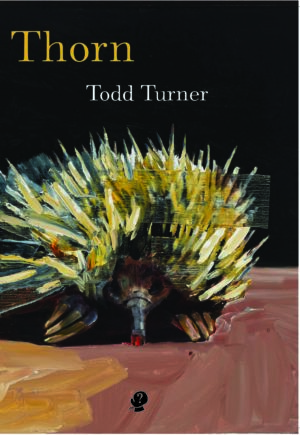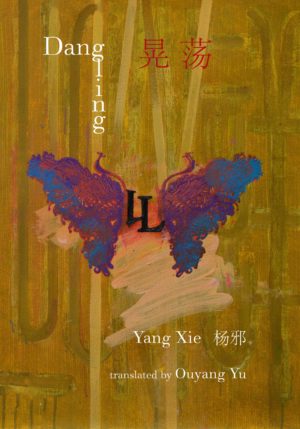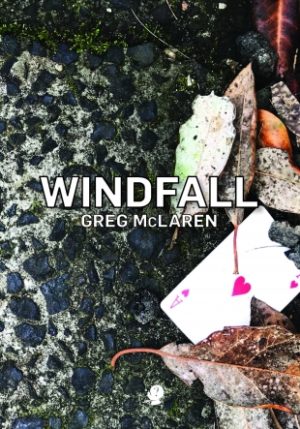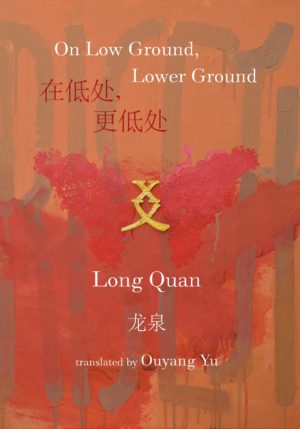Product Description
Jillian Pattinson’s first full-length book of poetry includes portrait, lyrical, narrative and ekphrastic poems in free verse and novel forms. It won the 2010 Alec Bolton Prize for an unpublished manuscript.
“The enigmatic vortex of the gyre, performing a fine balance between order and disorder, becomes the template for Jillian Pattinson’s poetry. Even her lists work as centrifuges, spinning us out into what she calls ‘the unmade world’. Her poetry will bring you into a world suspended in its fall, its gyre, somewhere between chaos and beauty. This kind of poetry is addictive to the ear and the mind. I know of nothing else quite like the way Pattinson’s poetry can speak of the questions, silences, birds, deaths, and the strangely shifting names of things in the world. Like a journal of half-remembered dreams, with a Borgesian minor magic, sharing the insight of the blind with an uncluttered vision, this poetry does new things with the psyche, the heart, and with the mind.” —Kevin Brophy
REVIEWS
“Halfway through her first full length collection, Babel Fish , Jillian Pattinson quotes Borges’s famous argument: ‘Myth is at the beginning of literature, and also at its end.’ Her whole book does its best to embody this idea. As its title ‘Waterline’ implies, the first group of poems here is loosely unified by water references, from the semi-scientific language of ‘Communion’ through to the T.S. Eliot-influenced poems, ‘Ambiguities’ and ‘Estuary’. ‘Estuary’ elaborates a ‘death by water’, comparable to Virginia Woolf ’s suicide. Pattinson’s dialogue with Ted Hughes’s ‘Crow’ myth in the book’s second section is mainly concerned with death, while also making a playfully serious gesture towards Hughes’s original sequence. The concept of the twin headlights of the ‘Night God’ is a particularly effective addition to the story. Similarly persuasive is Pattinson’s tribute to Borges in ‘The Infinite Library’. Unlike the breathy immediacy of the Hughes-influenced poems, Pattinson here offers a drier scepticism.” GEOFF PAGE, Australian Book Review
“At a first, casual reading, it is easy to see why Jillian Pattinson’s Babel Fish won the 2010 Alec Bolton Prize. Here is a polished and elegant collection, addressing not only the expected emotional and personal depths of the lyric, but also casually marrying art and science with unashamed reference to untouchable greats of literature and, dare I say it, a carefully monitored spirituality.” IVY IRELAND, Cordite Poetry Review
“The dissonant music of Pattinson’s nature poems will remind some of Les Murray’s Translations from the Natural World, but their source of consciousness is dissipated and ecological themes are foregrounded with millennial foreboding…” AIDAN COLEMAN, The Australian
“Babel Fish glides through the biblical, the linguistic, and the scientific with serene elegance. Each poem reads as a confident inquiry into the specifics of being, straddling the celestial and the terrestrial with ease. The story of the tower of Babel and the splitting up of language, along with other biblical narratives and figures invoked, lends the collection a religiosity that is simultaneously dissolved the non-scriptural, the biological.” CHARLOTTE GUEST, Rochford Street Review





